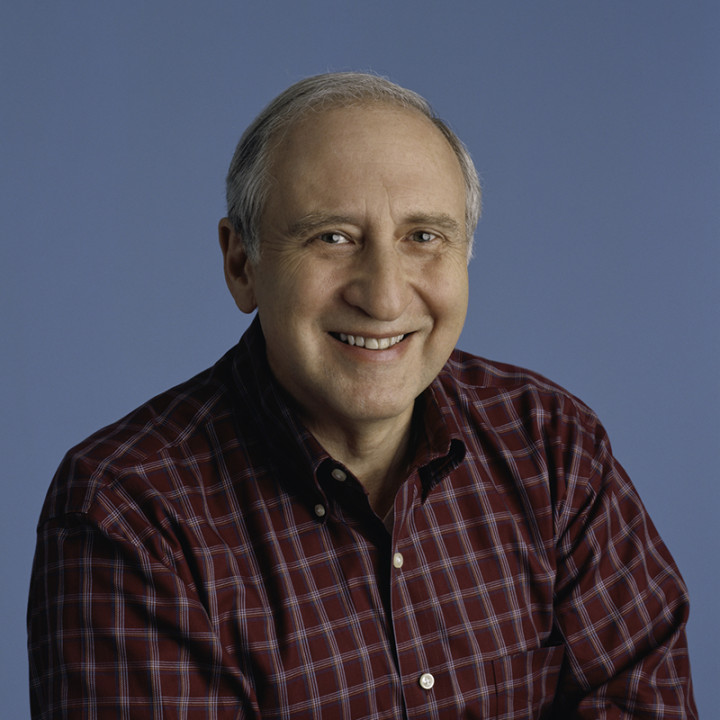Shneiderman Proposes Human-Centered Artificial Intelligence: Reliable, Safe & Trustworthy : An Alternative to Autonomous AI
Distinguished University Professor Emeritus Ben Shneiderman encourages designers to focus on the reliability, safety and trustworthiness of Human-Centered Artificial Intelligence (HCAI) as compared to the autonomous Artificial Intelligence
In a recent article “A Case for Cooperation Between Machines and Humans” in the New York Times on May 22, 2020, by John Markoff, Shniederman expressed his concerns over “blindly automating tasks with computers.”
“I think John Markoff’s article is very good and presents my position well,” he said. “However, Markoff portrays me as a critic of AI, but I’m really an advocate of HCI and visualization. I much prefer to take positive positions with fresh visions about how to do human-centered design,” he said.
Shneiderman, a member of the National Academy of Engineering, advocates technologies that provide high levels of human control and high levels of computer automation. These technologies increase human performance, support creative exploration, and raise human self-efficacy.
In the article Markoff describes Shneiderman “as a computer scientist who argues that the quest for fully automated robots is misguided, perhaps even dangerous.”
Shneiderman’s recent publication “Human-Centered Artificial Intelligence (HCAI): Reliable, Safe & Trustworthy” proposes a two-dimensional framework as an alternative to autonomous AI systems. The HCAI framework clarifies how to design for high levels of human control and high levels of computer automation so as to increase human performance, understand the situations in which full human control or full computer control are necessary, and avoid the dangers of either excessive human control or excessive computer control.
“My goal in this paper is to encourage artificial intelligence researchers and developers who design products and services to shift from one-dimensional thinking about levels of automation/autonomy to the two-dimensional HCAI framework.” he said.
Shneiderman is the founding director (1983-2000) of the University of Maryland Human-Computer Interaction Lab. His lifetime of contributions have earned him six honorary doctorates.
The Department welcomes comments, suggestions and corrections. Send email to editor [-at-] cs [dot] umd [dot] edu.
